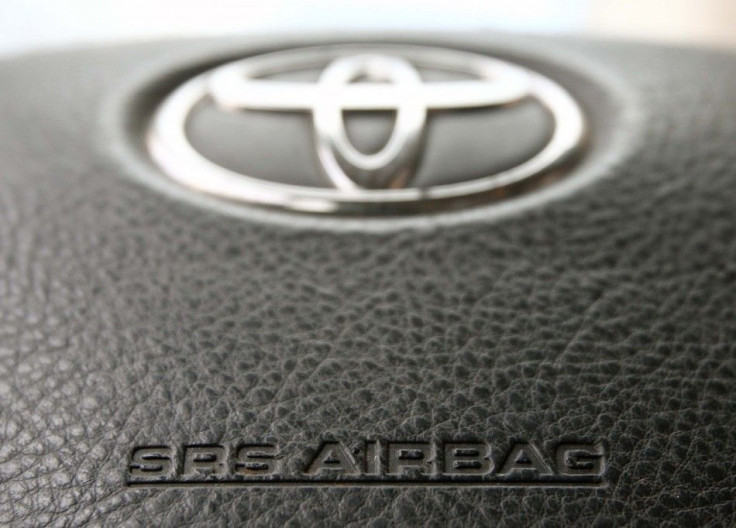US Alerts Car Owners To Fix Air Bags Urgently As Defective Air Bags Are Causing Fatal Deaths With Shrapnels Flying Out

The U.S. government has issued an urgent alert to more than 4.7 million car owners in the country to get the air bags fixed, following concerns that a defect in air bags are causing death and serious injury to the driver or passengers. The detected defect involves the inflator mechanisms in the air bags rupturing followed by a missile of metal shrapnels as air bags get deployed during crashes. Safety advocates raised alarm following the deaths of at least four people from multiple injuries caused by air bags.
A statement issued by the National Highway Traffic and Safety Administration last Monday, covers car brands like Toyota, Nissan, BMW, Honda, Mazda, General Motors and Ford. Safety advocates say the problem is going to affect 20 million vehicles in the U.S reported Action News.
Japanese Manufacturer On Dock
According to the recall alert, the fatal airbags were made by Takata, a Japanese manufacturer. At the time of deployment, the faulty airbags release metal shrapnel and fatally injure the driver and passengers on the neck. Four of such deaths have already been confirmed, said a report by PBS.
The action comes after a Sept. 29 crash near Orlando in Florida, that killed a 46-year-old woman named Hien Thi Tran. She suffered severe neck wounds caused by the metal shrapnels flying out of the air bag on her Honda Accord car. Police concluded that the air bags were faulty and caused her wounds on the neck.
Humidity Issue
Car maker Toyota said it is working with Takata to fix the issue of rupture and trying to gauge the influence of absolute humidity as a factor in causing this. The absolute humidity is a measurement of water vapour in the air. Toyota on Monday recalled passenger air bags in 247,000 old vehicles that included the Corolla, Lexus SC, Matrix, Tundra and Sequoia.
Toyota's recall covers vehicles in areas of South Florida, Gulf Coast, Puerto Rico, Hawaii, the U.S. Virgin Islands, Guam, Saipan and American Samoa where high absolute humidity prevails. According to the estimates made by Clarence Ditlow, Director of the nonprofit Center for Auto Safety, no less than 25 million cars in the U.S. are affected by the faulty air bags.
But the penchant of some car makers to blame absolute humidity as the causative factor has angered two U.S. senators who questioned why the safety agency is limiting recall to certain regions. They raised the death of 18-year-old Ashley Parham of Oklahoma City in May 27, 2009, as proof that humidity was not the issue.
Parham was driving a 2001 Honda Accord at a high school parking lot in Midwest City, Oklahoma, when her car hit another car. The inflated air bag sent shards of metal into her neck, and killed her. Facing the allegations of faulty making of air bags, Takata, endorsed Toyota's recall and said it would cooperate with NHTSA and customers with replacement of parts and undertake a detailed technical analysis.




















